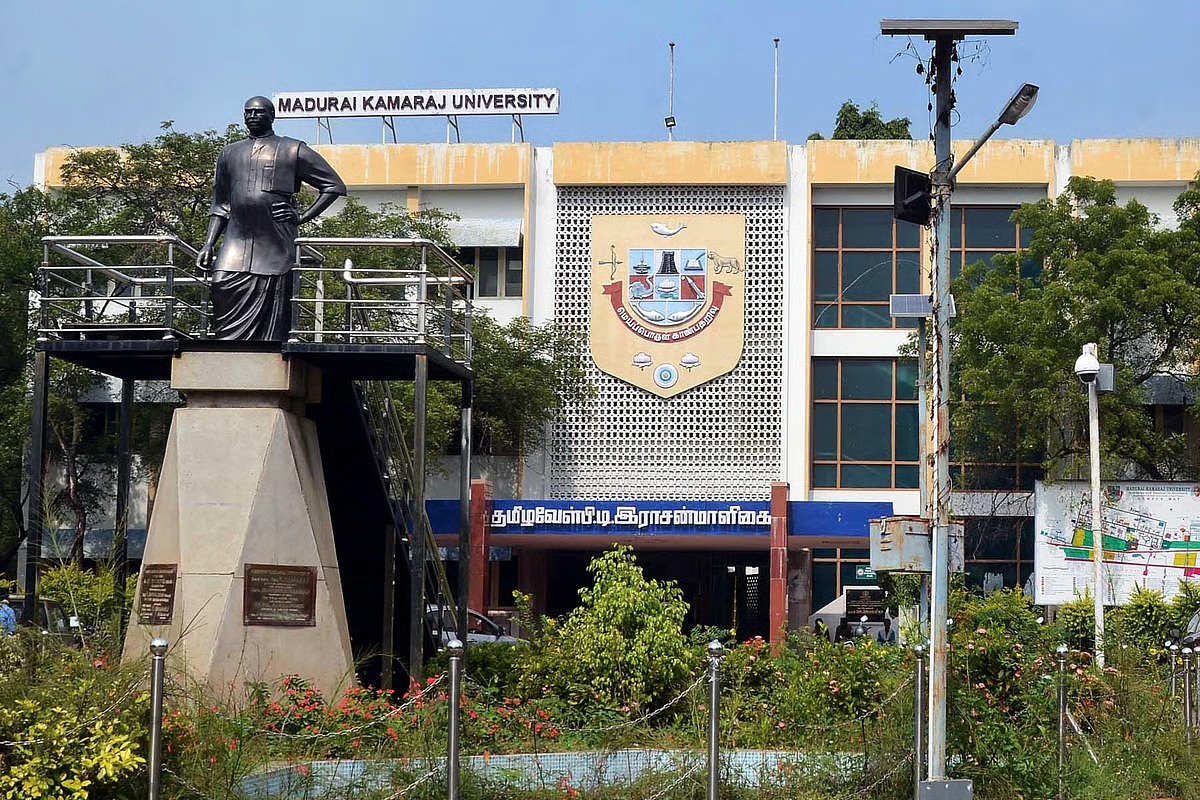Alok Kumar Basu, J.@mdashBoth the sides are present. Heard both the sides in detail.
Mr. Avanish Jain & Ors. have preferred this application under Article 227 of the Constitution of India on the allegation that the respondents, viz., the Municipal Assessment Tribunal of the Calcutta Municipal Corporation has violated the order of this Court dated 11th March, 1991 passed in connection with C.O. 5819(W)/1991 by passing the order dated 13th June, 1991.
2. The appellants being aggrieved by the assessment regarding the annual valuation and assessment of water tax on such valuation preferred an appeal before the opposite party and under the statutory provision the appellants were asked to make predeposit as a condition precedent for hearing of the appeal. The appellants felt aggrieved with the amount assessed for predeposit and hence, they moved this Court for consideration/exoneration from paying that amount and in connection with that petition filed under Article 226 of the Constitution of India, one of the learned Judges of this Court gave a direction to the Municipal Assessment Tribunal to permit deposit of such apportioned amount keeping in parity to the flat in occupation of the petitioners and allow the petitioners to deposit such amount which would be in substantial compliance of the provisions to sustain the appeal.
3. It is the case of the petitioners that the Assessment Tribunal after considering the application filed by the petitioners as per the directions of this Court ultimately directed the petitioners to deposit 1/5th of the consolidated rate which, according to the petitioners, is in clear violation of the direction of this Court passed earlier and hence, that direction requires to be set aside by exercising power of this Court vested under Article 227 of the Constitution of India.
4. The learned Advocate for the petitioners have taken me through the order passed by this Court on 11.3.91 as well as of the order of Assessment Tribunal dated 13th June, 1991 and the learned Advocate has endeavoured to impress that from a plain reading of the order of the Assessment Tribunal it will be crystal clear that it has deviated from the mandate of the Court and hence, that order requires to be set aside in the interest of justice.
5. The learned Advocate for the Calcutta Municipal Corporation submits that there is no merit in the present application filed under Article 227 of the Constitution keeping in view the settled principle of law decided by the Apex Court whereby the scope and ambit of the power of the High Court in exercising jurisdiction under Article 227 of the Constitution has been clearly indicated. The learned Advocate submits that the Assessment Tribunal in its order under challenge has fully complied with the direction of the Hon''ble Court and that Assessment Tribunal has assigned sound and convincing reason behind its assessment of the apportioned amount in the given facts and circumstances of the case and hence, there is no scope for any interference with that order under Article 227 of the Constitution of India.
6. Before entering into the merit of the respective submissions of the parties it will be profitable to record in this context that the Apex Court in several decisions have laid down that the power under Article 227 of the Constitution must be exercised by the High Court in a very cautious manner keeping in mind that the judicial tradition is to allow all independent judicial forum to discharge its function without interference and only when there has been arbitrary or capricious exercise of power by any of the subordinate Court or Tribunal or there has been a flagrant violation of the principle of natural justice which would be available on the face of record, the High Court would certainly interfere and seething right by exercising its jurisdiction under Article 227 of the Constitution of India.
7. Keeping the above legal position in mind it is found that here in this case the petitioners have prayed for interference with an interim order of the Assessment Tribunal which was passed in connection with an admission of an appeal and according to the petitioners earlier they got an order from this Court with a direction how to make the predeposit and the Assessment Tribunal has clearly ignored that direction and thereby compelled the petitioners to make such an amount as predeposit which has caused hardship to them.
8. The learned Single Judge while disposing of the earlier writ petition of the petitioner made it abundantly clear that there was a statutory mandate for the predeposit and such mandate is both legal and Constitutional and further, there was no scope for considering what hardship would be caused to a litigant for making such predeposit and after making such observation the Writ Court considering the question of equity directed the Assessment Tribunal to exercise a little bit of discretion as permissible within the statutory jacket and not to import any element of discretion which may be alien to the statutory provision.
9. Now, giving a very dispassionate interpretation to the impugned order it is very much clear that the Assessment Tribunal in both letter and spirit has allowed the mandate of this Court, but, in the matter of making the assessment regarding predeposit, the Assessment Tribunal has given sufficient and acceptable clarification, which, in my considered view, cannot be said either to be arbitrary or capricious exercise of jurisdiction.
10. That being the interpretation recorded by me after hearing both the sides, I do not find any iota of merit in the present application, filed under Article 227 of the Constitution and the application is accordingly dismissed without any order as to costs.
11. The learned Advocate for the petitioners submits before me that there is a veil of threat of disconnection of essential supply of water for alleged nonpayment of arrear taxes, but when after passing of this order the petitioners are at liberty to comply with the direction of the Assessment Tribunal for making the predeposit, they can take that chance and get the appeal restored and the Assessment Tribunal is to dispose of the appeal as expeditiously as possible after hearing the parties by passing a reasoned order.
12. It has been held by the Apex Court that the Court while exercising its jurisdiction regarding writ matter or otherwise should always taken into consideration that essential supply should not be stopped unless under compelling circumstances and that being the mandate of the Apex Court, the petitioners are given liberty to approach the appropriate forum of the Calcutta Municipal Corporation after satisfying that the amount as claimed by them have been paid during the pendency of this application and to seek further time, for such deposit so as to prevent disconnection of essential supplies and the appropriate forum of the Calcutta Municipal Corporation is hereby directed to consider the case of the petitioners in a most sympathetic and humane manner without being unusually harsh for realisation of all the arrears at a time.

